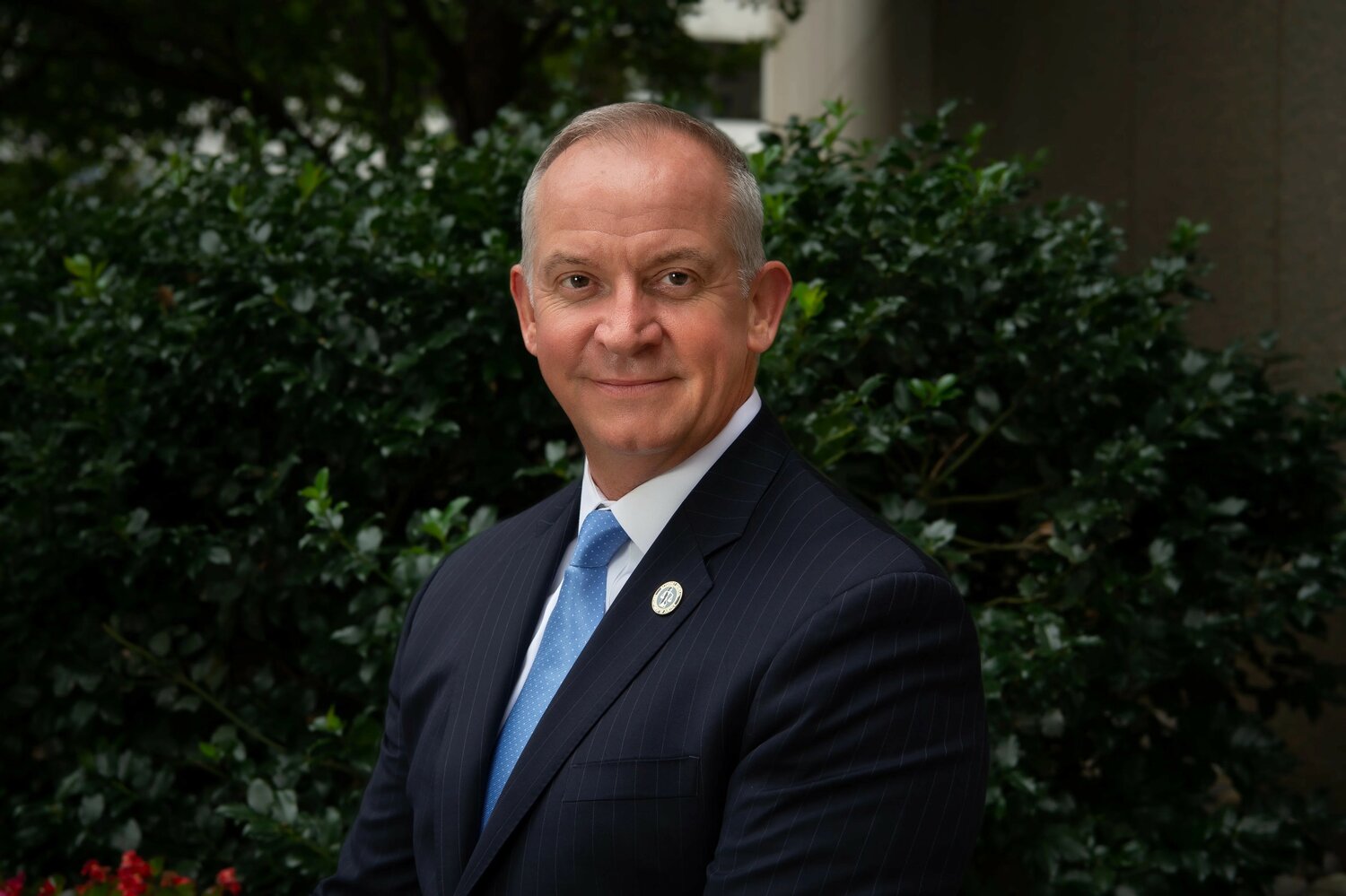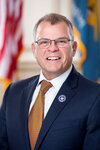DOVER — It’s been just over a year since marijuana legalization and regulation became law in the First State.
Now, the champion of those initiatives — Rep. Ed Osienski, D-Newark — is leading a new effort to ensure that Delaware’s market is up and running by the state’s April 2025 target date: by allowing the state’s six medical marijuana facilities to enter the recreational market through a conversion license.
But as Rep. Osienski and Marijuana Commissioner Rob Coupe explained the need for House Bill 408 during its hearing in the House Economic Committee May 23, cannabis advocates pushed back, stating that the proposal gives an unfair advantage to medical marijuana centers.
“Part of the real issue is brand new cultivation takes a lot of time,” Rep. Osienski told committee members. “Once a license is issued and once they establish a facility, it takes a long time to fit that facility with the required infrastructure. It takes … a year to 18 months to get an established crop going and ready to be picked. This utilizes these existing (medical) growth facilities.”
Under the measure, the base conversion licensing fee would cost $100,000.
Those revenues would be directed to financially assist social equity applicants holding a conditional license; a key part of the Marijuana Control Act that intends to assist populations negatively impacted by the prohibition of cannabis who wish to enter the recreational market themselves.
Funds derived from the conversion licenses are estimated to bring in $3.2 million for this cause, Rep. Osienski told committee members.
While no money has currently been set aside for the social equity program as of now, the Newark Democrat — who sits on the capital improvement committee — said he was hopeful that $2 million would be set aside in the bond bill for fiscal year 2025.
Marijuana advocates like Zoë Patchell, executive director of the Delaware Cannabis Advocacy Network, testified that House Bill 408 is “setting the adult-use market up for failure,” and that it is crucial that the implementation process is done right.
“HB 408 would roll back progress by granting six lucky businesses a golden ticket opportunity that no other business will be awarded,” Ms. Patchell told the committee.
“(It) will allow these six businesses to skip the line, skip the potential lottery process and grant guaranteed vertically integrated licenses in the limited license market, while all new market participants will be forced to get in the back of the line in hopes of winning a lottery, regardless of how skilled or knowledgeable that business is.”
During the hearing, Ms. Patchell also said compassion centers in the First State have failed to maintain affordable prices and adequate supply for their patients. Though, Mr. Coupe attributed this to the program’s small size, as it contains about 15,000 patients in the state.
The Office of the Marijuana Commissioner is set to adopt regulations for licensing adult-use marijuana by July 11 and begin accepting applications from other recreational businesses Sept. 1, according to the office.
The issuance of licenses for recreational businesses would happen by way of a lottery, where applicants could be eligible to receive licenses, of which 125 are available; 30 for retail, 30 for manufacturing, 60 for cultivation and five for testing.
Of that total, 47 will be set aside for social equity applicants. In all, recreational licenses will be awarded from Nov. 1 through March 2025.
Under House Bill 408, medical marijuana facilities would skip the lottery process. Compassion centers could apply for a conversion license beginning Aug. 1, though no such license will be issued after Nov. 1, according to the legislation.
During public testimony on the bill, several cannabis advocates reiterated their concern that existing medical marijuana facilities would be favored over new businesses.
Attorney Adam Windett, who represents the Delaware Cannabis Advocacy Network on the state’s Marijuana Control Act Oversight Committee, warned that the bill was arguably an Equal Protection violation, and that federal courts have ruled the same in other states.
“It’s not a legitimate state purpose to protect old businesses from new businesses entering the market,” he said. “This could be done in a way where the opportunity is open to all companies, old and new…. This could be done in a fair way where everybody has an opportunity.”
Rep. Osienski testified that, by allowing medical centers to cultivate recreational marijuana, it would ensure the market is up and running by April 2025. Without the legislation, he said, it could potentially push the start date into 2026.
Regarding fairness in the market, Mr. Coupe noted that medical marijuana facilities would be held accountable if their foray into the recreational market impedes on their ability to serve Delaware’s medical cannabis population.
Following the extensive debate, House Bill 408 was released from committee after being walked for signatures of members who were not present at the time of the vote. The bill now heads to the ready list for consideration on the floor of the House of Representatives.





Be the first to comment